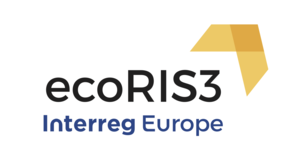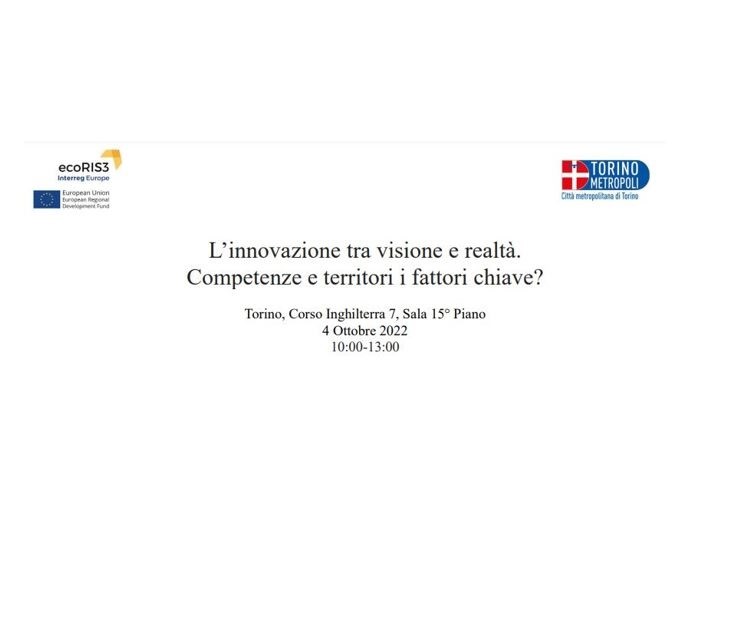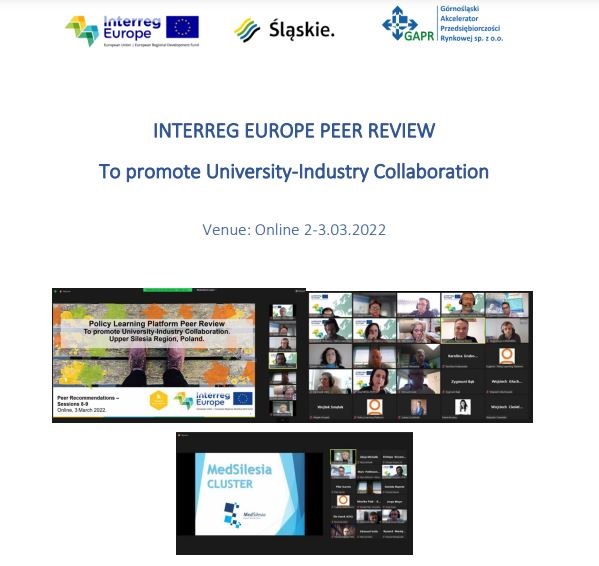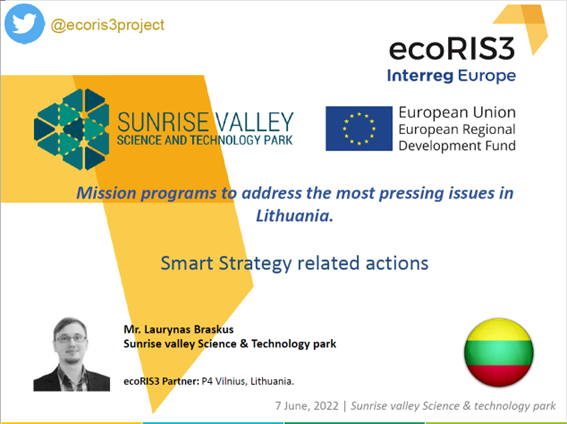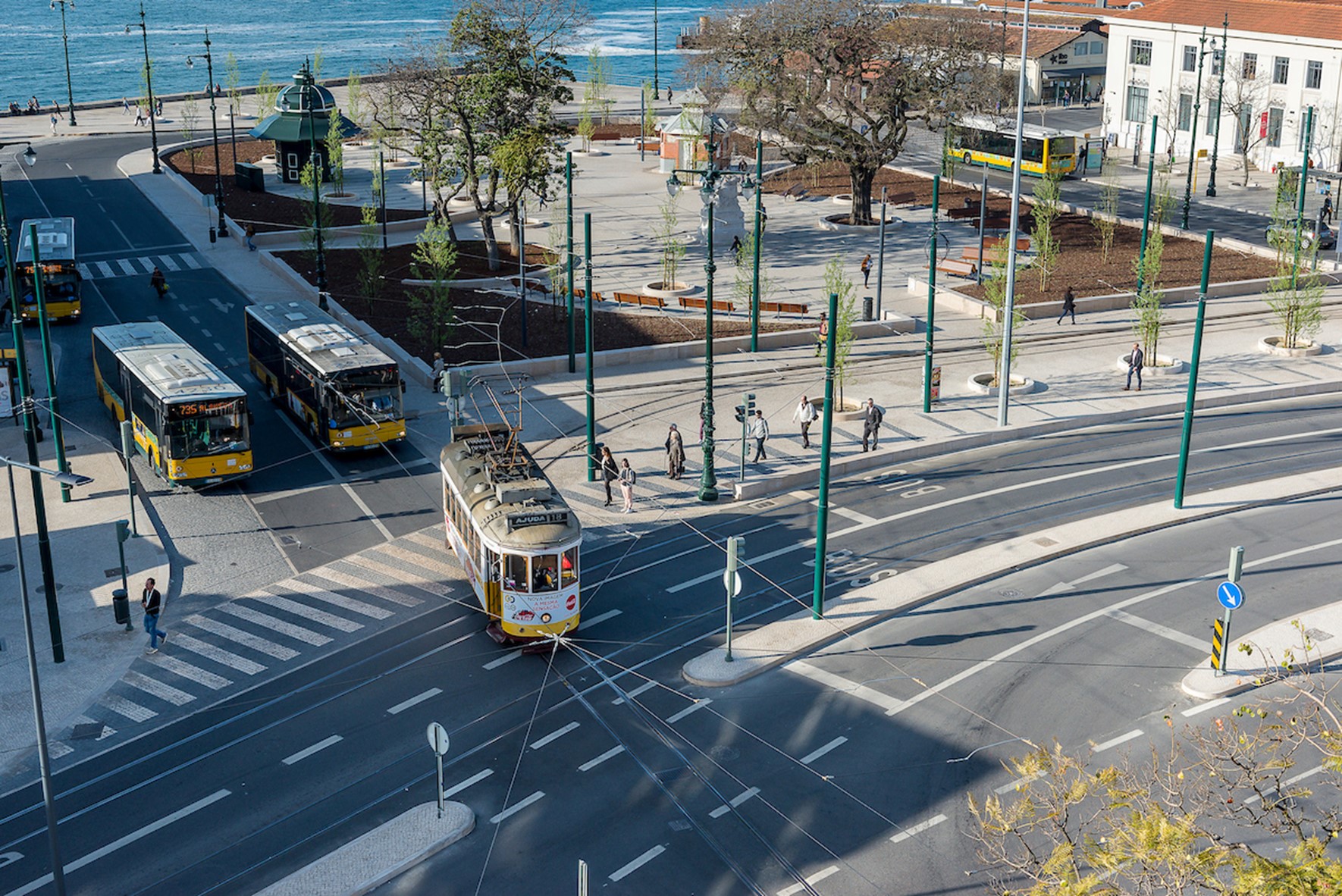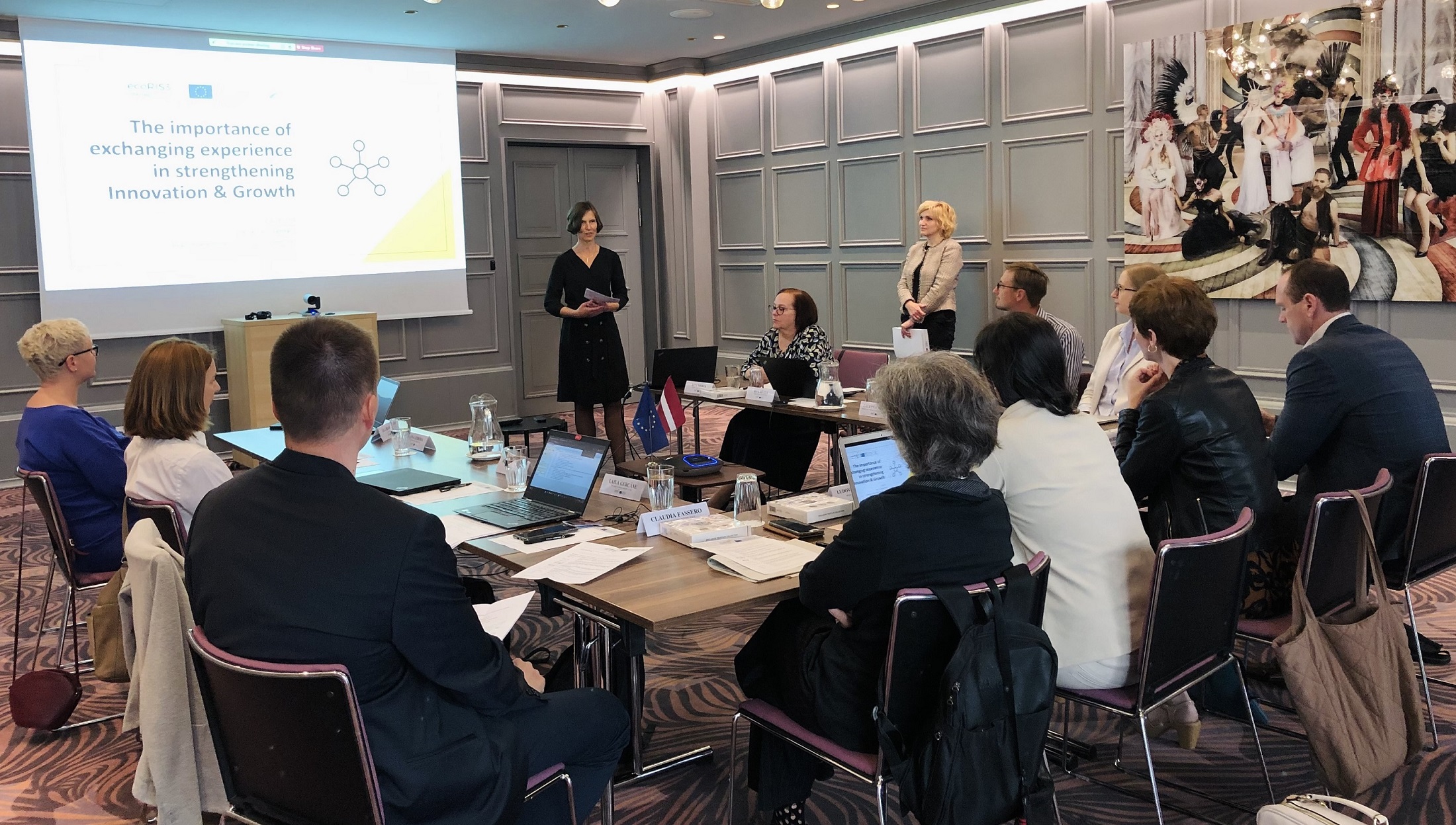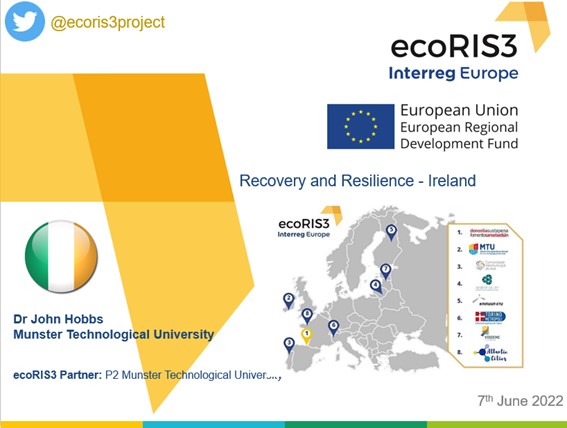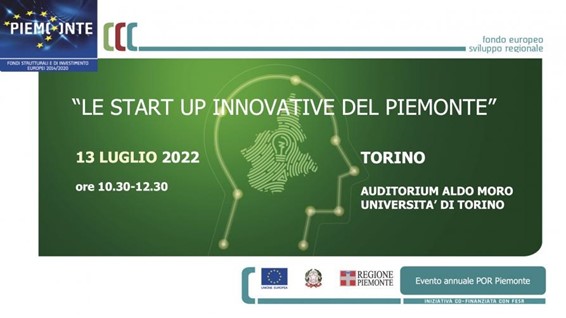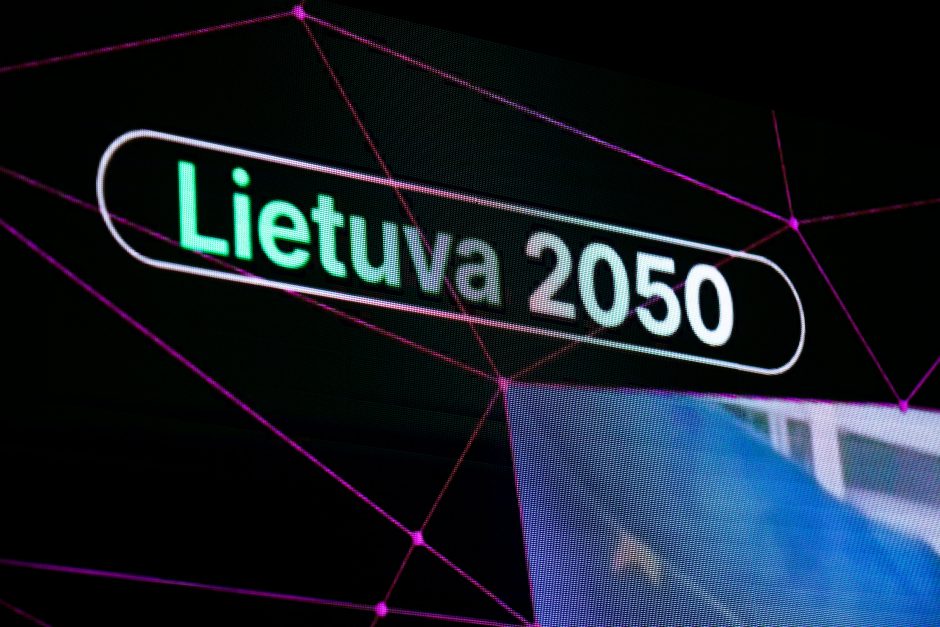In recent years, and in a context of change and transition to new models influenced by digitalisation, new business models and social transformation, there has been the enormous challenge caused by the global pandemic (COVID-19), which has created an urgent need to accelerate this change and transition in order to respond to the new social patterns and habits of consumption and coexistence, that are absolutely key to FSS model. While the period of transition towards a situation in which economic activity can normalise, FSS continued to support economic stimulus measures, having developed a set of tools and measures aimed, at the beginning, at supporting the most traditional sectors, with the aim of supporting the maintenance of their economic activity and facilitating the transformation of their ways of working and business models through digital tools.

Since the Covid-19 pandemic, as for other economic agents, most members of the local innovation ecosystem have faced uncertainties, reduction of incomes and financial capacity, cancellations of projects and/or contracts, slow-downs or braking of international activities, difficulties to manage human resources, etc.

Some of them however belong to key sectors which importance has particularly increased during the pandemic, such as digital or bio technologies, and the situation has also given companies some time to intensify their R&D and innovation actions, as well as to increase their capacity of self-assessment.
PREK (New Economic Recovery Plan, 3 Phases)
The original Action Plan drafted in the framework of ecoRIS3 included 3 interlinked supporting actions to be implemented between 2019 and 2020, but is in reality a still ongoing and continuously updated and adapted tool that remains valid, though with different names and approaches.
Such actions were originally part of a more ambitious Economic Promotion Plan called Donostia Up! Since 2020, in order to react to the impact of the Covid-19 pandemic, FSS has activated new and adapted Economic Reactivation Plans for the city (PREKs I & II in 2020, and PREK III in 2021). The PREKs substitute the former Donostia Up! Plan, and are thus an evolution that takes into account the new situation and needs.
While the PREKs included some new ad hoc measures particularly adapted to the context, they did maintain actions to support the members of the innovation ecosystem, as the ones selected in the Action Plan.
The new PREK was launched in two different phases in 2020, with a first launching phase with € 2,6 million orientated to economic contingency (to support the continuity of the companies and maintain jobs), followed by a second phase of € 5 million (initially thought for the economic recuperation, to tackle challenges arisen from the pandemic). From a global perspective, the total budget available for that first year of pandemic was lower than in the precedent years (20% less than Donostia Up!, that was of € 9,5 million in 2019), but considered as reasonable taking into account all fears and the technical/physical difficulties to implement certain activities.
In that sense, as far as the impacts and/or consequences that Covid-19 have had on the implementation of the initial Action Plan and on its corresponding results are concerned, no major deviation or negative impact have been observed or should be reported. On the contrary, throughout the 2 years covered, FSS has managed to improve some initial measures and adapt them to new opportunities, such as the support to Social Innovation Companies, the creation of a new and ad hoc action to support new innovative companies in the field of bio-sciences (Ekin+ Health) or to offer new online tutorials.
SWOT Analysis update (San Sebastian)
The following table presents the original SWOT together with new inputs derived from the pandemic.
Table 1. Update of SWOT Analysis of Donostia-San Sebastián Innovation System
